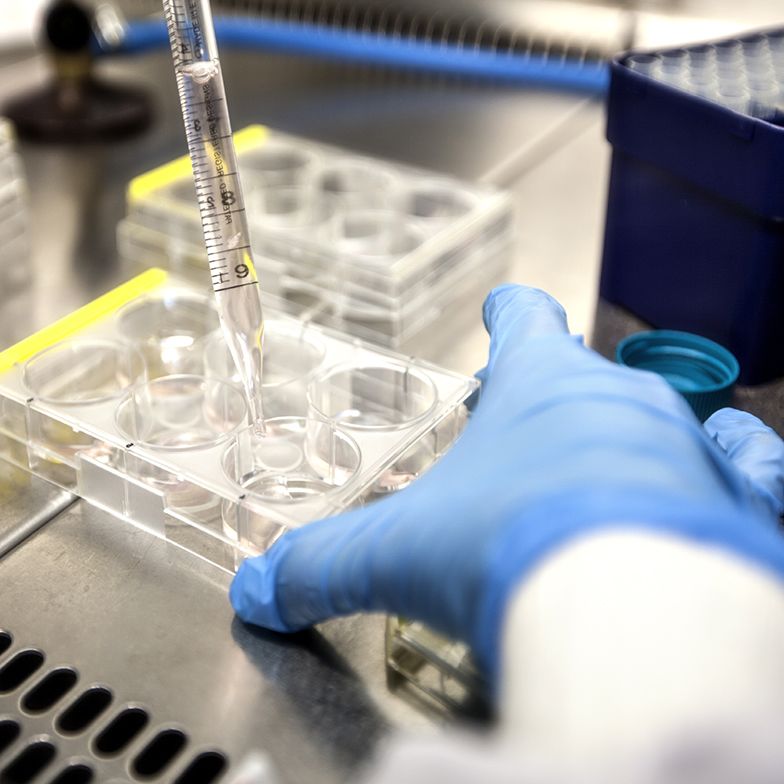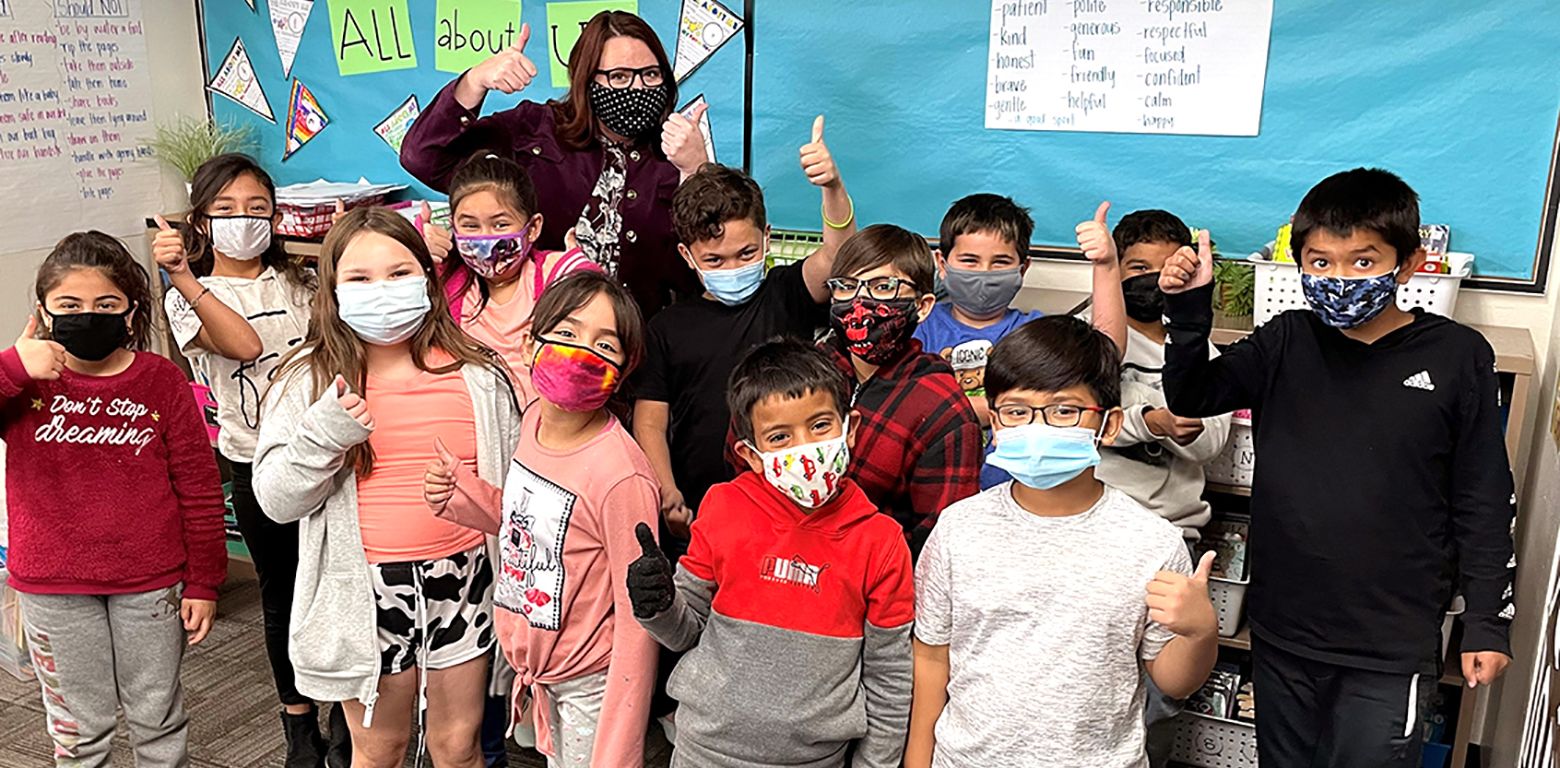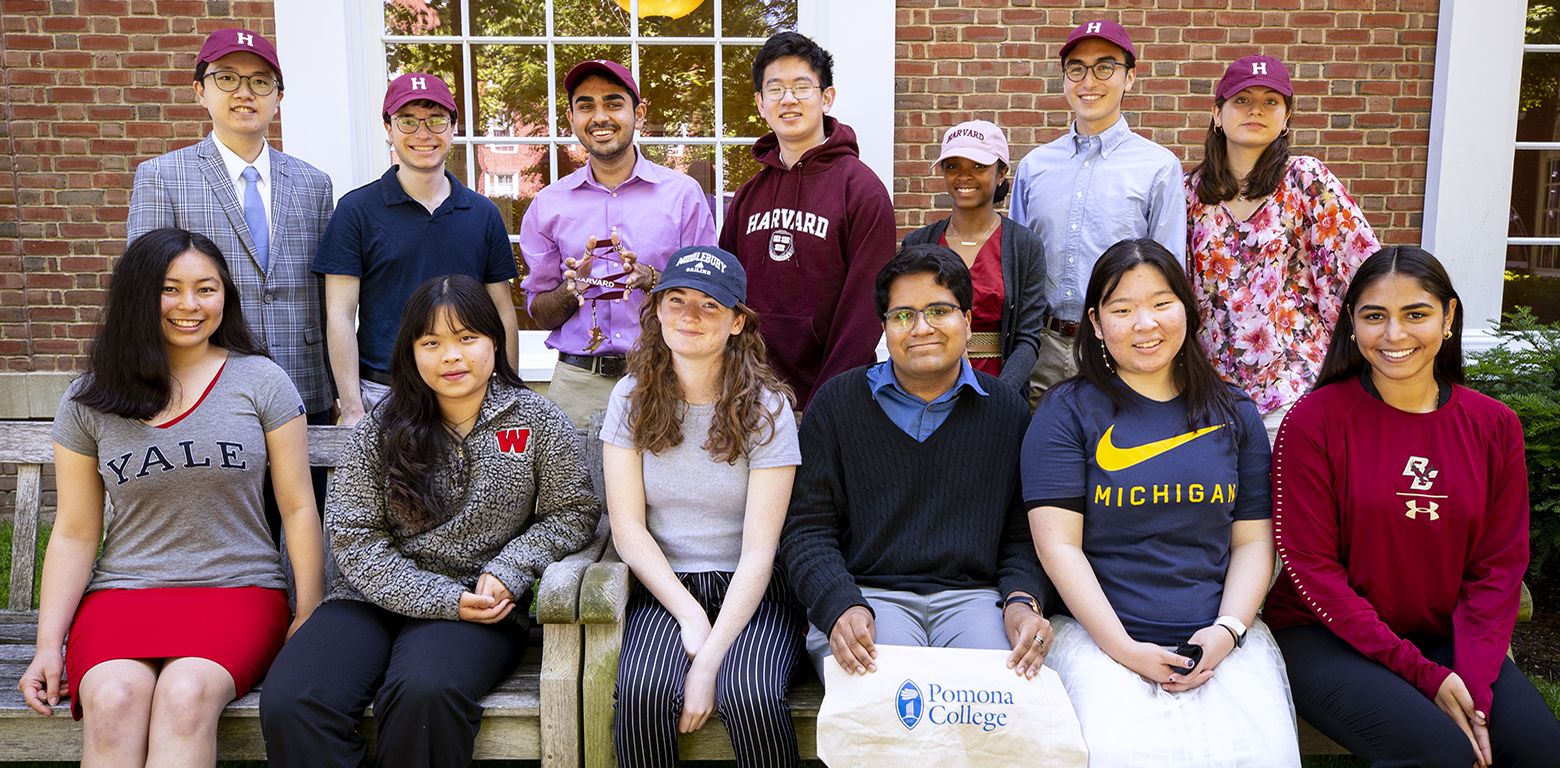University Collaborations
University Collaborations
A few years later, she was thrilled to discover Harvard's MS/MBA Biotechnology: Life Sciences, a new two-year joint degree program. “I couldn’t have handcrafted a more perfect program,” says MacColl, one of 11 students who joined the first cohort in the fall of 2020.
“The program is the first of its kind to address the unique intersection of science, strategy, finance, ethics, and people,” explains Jill Fadule, director of joint degree programs at HBS. It takes full advantage of greater Boston’s position as one of the world’s largest biotech clusters.
The joint degree integrates the essential lessons learned at the lab bench and in the corner office. Students receive business training at HBS and life-science training at Harvard’s Department of Stem Cell and Regenerative Biology, a collaboration between Harvard Medical School and the Faculty of Arts and Sciences. Students complete HBS’s MBA Required Curriculum, science courses, and special courses designed specifically for the MS/MBA program. For example, Frontiers in Therapeutics is an ethics and management course on the world’s most pressing unsolved medical challenges.
The impetus for the program came from recognizing that the biotech sector needs strong, ethical leaders who can break down the typical divisions between the science and business sides of companies, says Amitabh Chandra, the program’s faculty co-chair and the Henry and Allison McCance Professor of Business Administration. The program also seeks to reframe the industry’s goals: to move away from treatments and toward cures.
“I wanted to learn more about commercialization, investing, and policy, but I didn’t want to move too far from the hard science. I couldn’t have handcrafted a more perfect program.”

“I wanted to learn more about commercialization, investing, and policy, but I didn’t want to move too far from the hard science. I couldn’t have handcrafted a more perfect program.”
The ultimate goal of biotech innovation should be ambitious, says Chandra. “We don’t just want to treat disease but to cure it,” he says. "If we start by asking, ‘What will it take to eliminate disease?,’ we will gain a better understanding of why the disease occurs and what bits of biology need to be fixed—which allows us to create better medicines and, over time, get to a cure.”
When the program launched in August 2020, the pandemic upended original plans for an in-person lab course on gene editing. Instead, the faculty used the global crisis as a teaching tool, quickly creating a new seminar on the molecular, cellular, and physiological aspects of COVID-19. Students had the opportunity to meet virtually with experts who were addressing the pandemic in real time, including John Markels, president of global vaccines at Merck, and Dan Barouch, MD, an innovator in the field of infectious disease research at Beth Israel Deaconess Medical Center. Students were challenged to consider how they would have responded if they had been leading a life sciences company when the pandemic hit.
The ability to make such high-stakes decisions is necessary training for the kind of work these students will do. Chandra anticipates that graduates from the MS/MBA program will reshape the portfolios of larger biopharma companies, launch innovative life-sciences companies, bring life sciences expertise to venture capital firms, help nonprofits provide essential medicines to poor and developing countries, and lead regulatory agencies. “We want our alums to change the world . . . to dramatically reduce disease in the world . . . to heal humanity,” he says.


